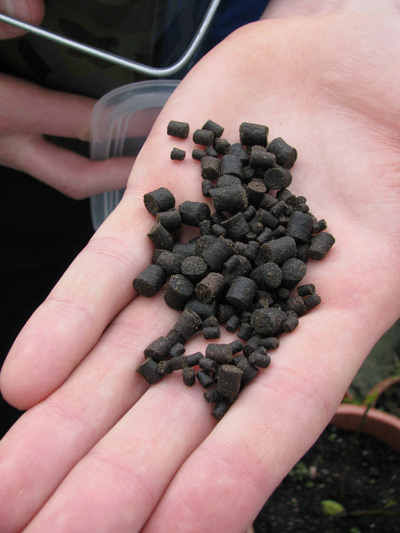There will not be one angler on this website who would not claim to be a conservationist.
The answer to the question might vary if cormorants and otters were mentioned, but all of us, I think, would say we’re conservationists of fish. We all care what happens to both our river and coastal fisheries. They matter to us all.
But we say that, and then we set off to our local trout fishery, or down to the carp lake, or even to the river and we very slightly undo all our best intentions. Sadly, anglers are as guilty as anyone of not reading the small print, and in doing so, we are helping our ocean fisheries inch ever closer to complete collapse.
How so?
 Well, we’ll start with trout fisheries, stocked with fish fed to stockable size on thousands of tons of fishmeal pellets. Those fishmeal pellets come from a variety of sources, but one of the major contributors to the slurry of paste that goes to make them is the humble sandeel. Sandeels are the bedrock of all of our best angling; a favourite food for bass and turbot, mackerel and pollack.
Well, we’ll start with trout fisheries, stocked with fish fed to stockable size on thousands of tons of fishmeal pellets. Those fishmeal pellets come from a variety of sources, but one of the major contributors to the slurry of paste that goes to make them is the humble sandeel. Sandeels are the bedrock of all of our best angling; a favourite food for bass and turbot, mackerel and pollack.
Except that, in 2003, the North Sea fishery for them collapsed to a third the previous year’s tonnage, and has not recovered. Almost simultaneously, the breeding seabird populations in northern England and Scotland crashed by around 60%. Nobody knows what effect the sandeel collapse has had on fish stocks.
Of course, the halibut pellets we use on the hook are made from fishmeal, too, so even if we don’t fish for trout, we contribute to the demise of ‘baitfish’ stocks when we go barbel and carp fishing. And now there’s a new entrant to the angling market which undermines our claim to be ethical.
Krill are tiny shrimp which are one of the most important species in the Antarctic food chain. For centuries, nobody bothered to fish for them. But in the last 15 years, with other fish stocks disappearing, a vast fishery has emerged and millions of tons are now harvested from the southern oceans.
Already, in those 15 years, environmental organisations which, at first, supported krill fishing are ringing the alarm bells that this unregulated fishery is already out of control, threatening the entire food chain, not least of which are the whales, which famously feed on krill. Seabirds and Antarctic fish depend on krill, too.
So we may think we’re conservationists of fish but, of course, we are only partly right; when it suits us, we let those principles go and shrug our shoulders. And, I know, I am a sanctimonious git. You’re right, too, that anglers’ use of these products is a drop in the ocean compared to the tonnages used elsewhere.
But my point is, there are not an unlimited number of drops in the ocean. It looks as if we’ll only find out how many drops when the seas run dry of food…










